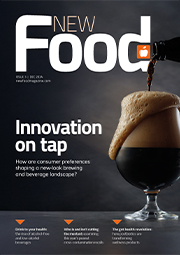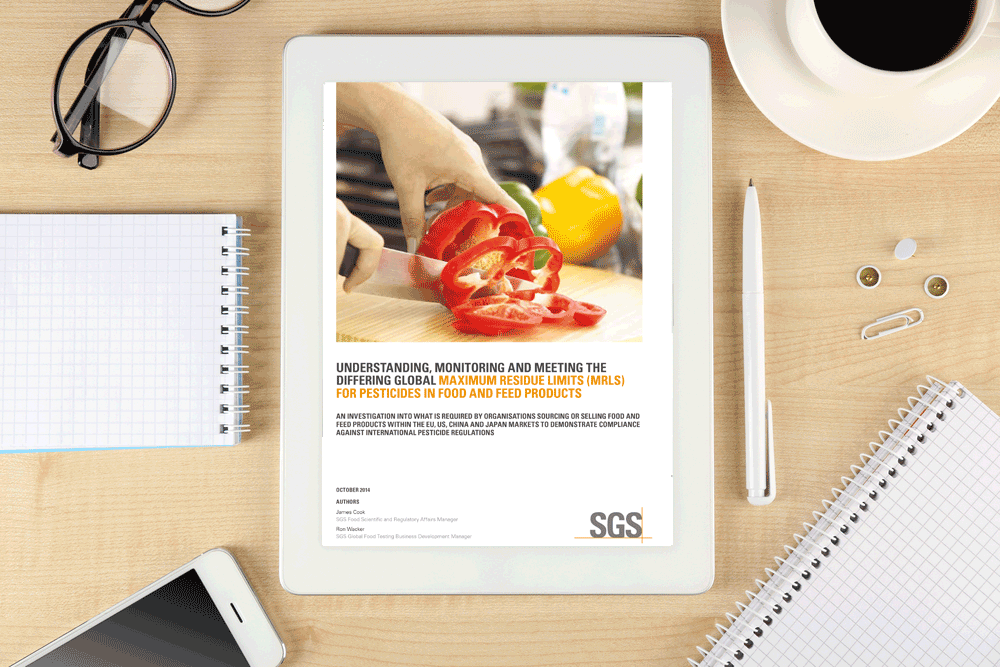Understanding, monitoring and meeting the differing global maximum residue limits (MRLs) for pesticides
- Like
- Digg
- Del
- Tumblr
- VKontakte
- Buffer
- Love This
- Odnoklassniki
- Meneame
- Blogger
- Amazon
- Yahoo Mail
- Gmail
- AOL
- Newsvine
- HackerNews
- Evernote
- MySpace
- Mail.ru
- Viadeo
- Line
- Comments
- Yummly
- SMS
- Viber
- Telegram
- Subscribe
- Skype
- Facebook Messenger
- Kakao
- LiveJournal
- Yammer
- Edgar
- Fintel
- Mix
- Instapaper
- Copy Link
Posted: 28 October 2014 | SGS | No comments yet
The purpose of this free white paper is to provide an overview on current thinking within the food industry for how best to manage pesticide residue risk in food products and supply chains.
The aim is to promote an understanding of the origins of pesticide residues, and current industry challenges due to increasing regulations for the management and compliance of products destined for the EU, US, China and Japan.
This paper is aimed equally at those organisations with established pesticide residues risk control and management plans as well as those considering development and implementation of risk protocols.
The need to protect crops from pests and damage dates back millennia. In recent decades, pesticides have emerged as the most effective method of control. With pesticides use comes a need to manage their wider effects. One key area of importance is ensuring that safe maximum residue limits are agreed on and monitored globally for food and feed products.
Governments setting maximum residue limits have someway to go before any harmonised approach is implemented worldwide. Therefore it is imperative companies involved in food and feed goods are proactive and vigilant in understanding and meeting maximum residue limits requirements in their chosen markets.
This whitepaper is restricted - login or subscribe free to access


Why subscribe? Join our growing community of thousands of industry professionals and gain access to:
- bi-monthly issues in print and/or digital format
- case studies, whitepapers, webinars and industry-leading content
- breaking news and features
- our extensive online archive of thousands of articles and years of past issues
- ...And it's all free!
Click here to Subscribe today Login here










